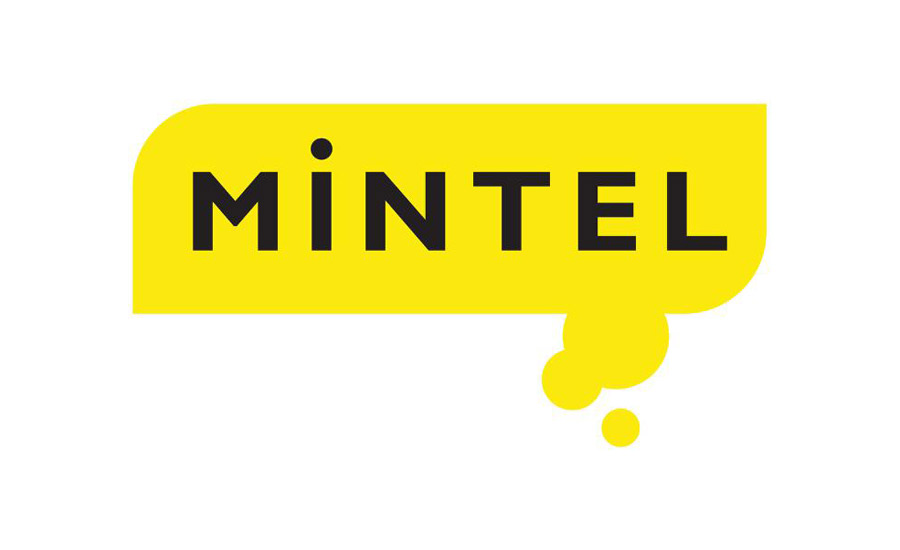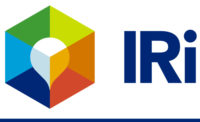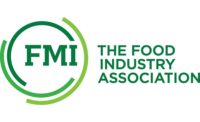Examining Initial Impact of COVID-19 on Consumers
Study: 40% of Americans are Worried About the Impact COVID-19 Will Have on Lifestyle

• 50% of Gen Zs are concerned their lifestyle will change due to COVID-19 compared to 37% of Baby Boomers.
• 63% of Americans say they are washing their hands more often due to the outbreak.
• Only 24% say they are stocking up on groceries/other supplies.
When a disease outbreak is categorized as a pandemic, fear quickly begins to rise. According to new research from Mintel, two-fifths (40%) of consumers today are worried about how the COVID-19 pandemic will affect their lifestyle. As with most controversial topics, the level of concern varies across generations and regions of the country.
As consumers age, they generally become less concerned about lifestyle changes due to the pandemic: 50% of Generation Z, 43% of Millennial, 38% of Generation X, 37% of Baby Boomer and 33% of World War II/Swing Generation consumers report concerns about lifestyle changes.
Mintel research also shows that consumers in the West (46%) and South (43%) show more concern about the effect the outbreak will have on their day-to-day life; meanwhile, 36% of consumers in the Northeast and 32% in the Midwest say they are worried about potential changes.
Marissa Gilbert, Associate Director, US Reports - Health and Wellness, at Mintel said:
“As the scope and impact of the COVID-19 pandemic continue to unfold, many industries are looking at a chain reaction of challenges, as well as opportunities. At Mintel, we are always measuring changes in consumer behavior; given the situation, we are taking an even closer look now, and in the weeks to come, at the impact COVID-19 is having on consumer sentiment and behavior.
“Our new research shows that a large minority of the US population is concerned about the changes the COVID-19 pandemic will create for their lifestyle. We fully expect that worry will continue to rise as US states enforce increasingly stringent social distancing measures. But, as the days and weeks go on, consumers will begin to settle in and crave a sense of normalcy. They will look to companies and brands as a beacon for guidance and support in navigating what’s next, creating opportunities across industries.”
Focus on what they can control - germs
At a time when consumers may feel like they are losing some control over what’s happening around them, they are focused on taking proactive measures about the things that are within their control, such as preparing their home and personal hygiene. Following the news of the outbreak, 63% of Americans say they are washing their hands more often, 46% are using hand sanitizer more often, and just 24% say they are stocking up on groceries/other supplies. Meanwhile, a steadfast one-fifth (20%) say they haven’t made any changes due to the outbreak.
“Our research shows that most consumers are being proactive and making small, manageable changes to their day-to-day lives in order to ensure their health and wellness and that of those around them, for example washing their hand more often. However, while we’re seeing images of consumers stockpiling toilet paper and frozen foods on the news and social media, in reality, only a small percentage are taking those more extreme steps. In fact, our research shows that 20% of Americans haven’t made any changes as a result of the outbreak. We do expect this number to decrease in the coming days and weeks, but for now, it shows that education and support are two important considerations for brands when strategizing how they are speaking to consumers during these uncertain times which will help ease consumer worry,” said Gilbert.
Brands’ impact on consumers
As the COVID-19 situation continues to evolve in the US, companies and brands are faced with challenges and opportunities to better engage with consumers and meet their changing needs.
“Now, more than ever, it is a great time for brands to get involved in consumers’ daily lives. Though there is moderate concern, brands can still assure consumers with ways to prepare, prevent or treat amidst a wider spread outbreak. Brands are also stepping up to help consumers feel more at home, while at home. For example, Scholastic is offering free access to resources for kids during school closures, Michael Symon is going live on the Food Network Kitchen Facebook page to demo pantry recipes, Peloton is offering their streaming service for free for 90 days and Headspace is offering their services free for the year to healthcare professionals,” concluded Gilbert.
Looking for a reprint of this article?
From high-res PDFs to custom plaques, order your copy today!






